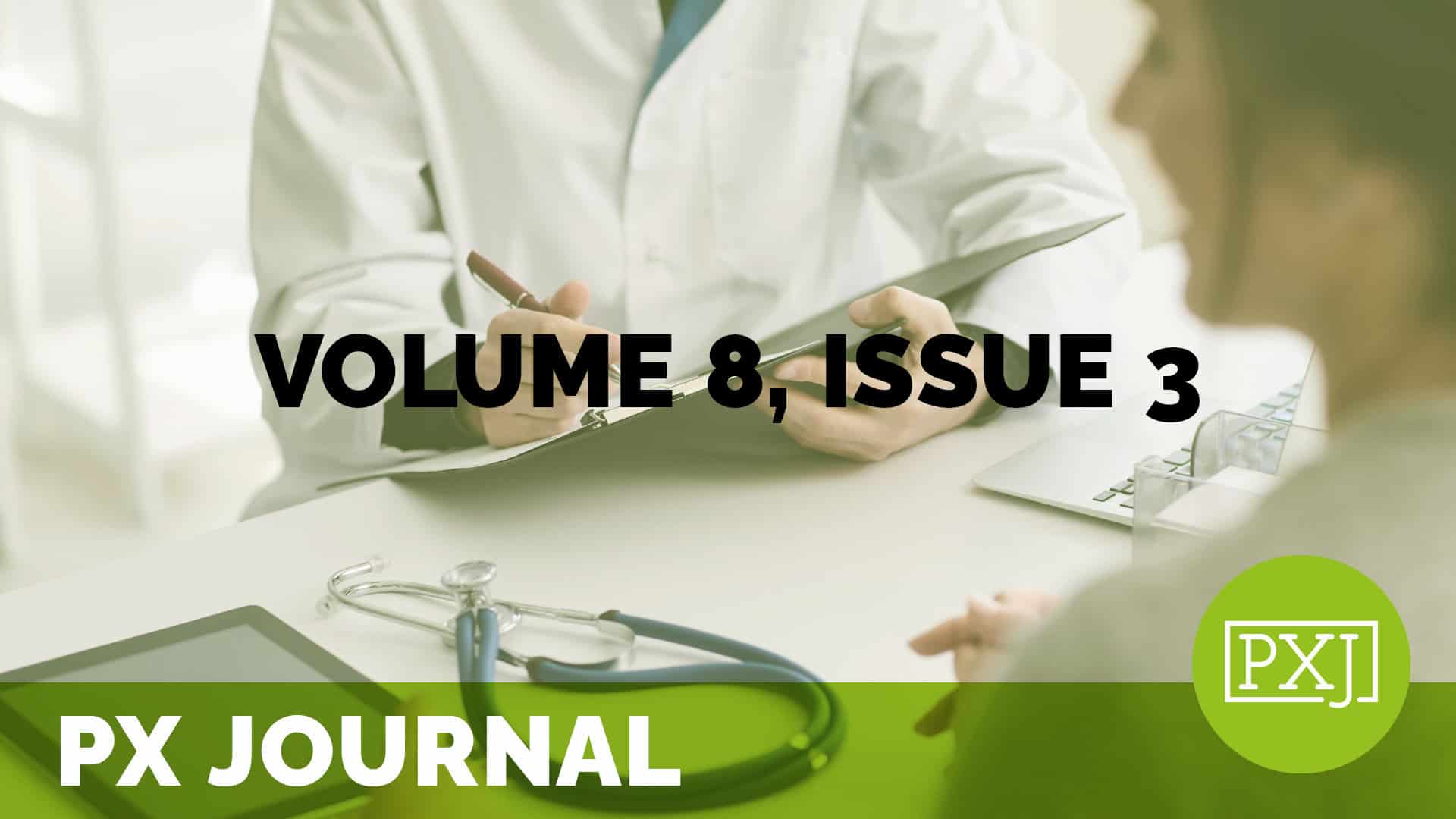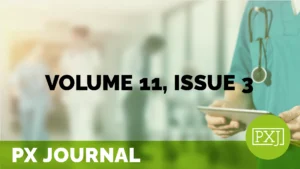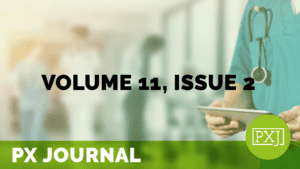The tensions between healthcare providers and patient and family advisory committees (PFACs): A comparative health system analysis between England and Ontario

There has been a proliferation of patient engagement (PE) in healthcare activities. However, the concept of “engagement” has existed for decades; the first Patient and Family Advisory Committees (PFACs) in North America were formed in the 1970s. These committees are an important mechanism for involving patients and family and have proliferated across the healthcare sector. However, it is unclear how or why PFACs became the predominant mechanism for PE. The objective of this comparative analysis is to review the historical context and legislative imperatives that have contributed to the proliferation of PFACs in Ontario, Canada and England, United Kingdom.
Related content
-
 Patient Family & Community Engagement
Patient Family & Community EngagementAn Exploratory Qualitative Study of Perinatal Experiences in an Acute Setting during Early Phases of the COVID-19 Pandemic
The COVID-19 pandemic was highly disruptive for people delivering babies in-hospital and for obstetrical healthcare professionals. The purpose of this study was to explore the experiences of people with or without COVID-19 giving birth in a community-based hospital to provide patient insight to obstetrical care providers regarding the services/policies used during the pandemic. Nine interviews
Learn more -
 Patient Family & Community Engagement
Patient Family & Community EngagementResearch Imitates Life: Researching Within Your Lived Experience
This personal narrative article seeks to bring awareness to and provide an overview of the various aspects that come with being a lived experience researcher including the host of benefits and challenges that come with conducting research within one’s own area of lived experience.
Learn more -
 Patient Family & Community Engagement
Patient Family & Community EngagementDeclining a Qualified Medical Interpreter: Helping Patients Understand the Risks
By Tamara Cardoso, UConn Health At UConn Health, we are committed to putting patient experience at the center of our care. We recognize that delivering safe, high-quality, patient-centered care necessitates effective communication at every interaction. In healthcare, ineffective communication can lead to heightened anxiety, increased stress levels, and potential misunderstandings. Importantly, it can pose significant
Learn more
